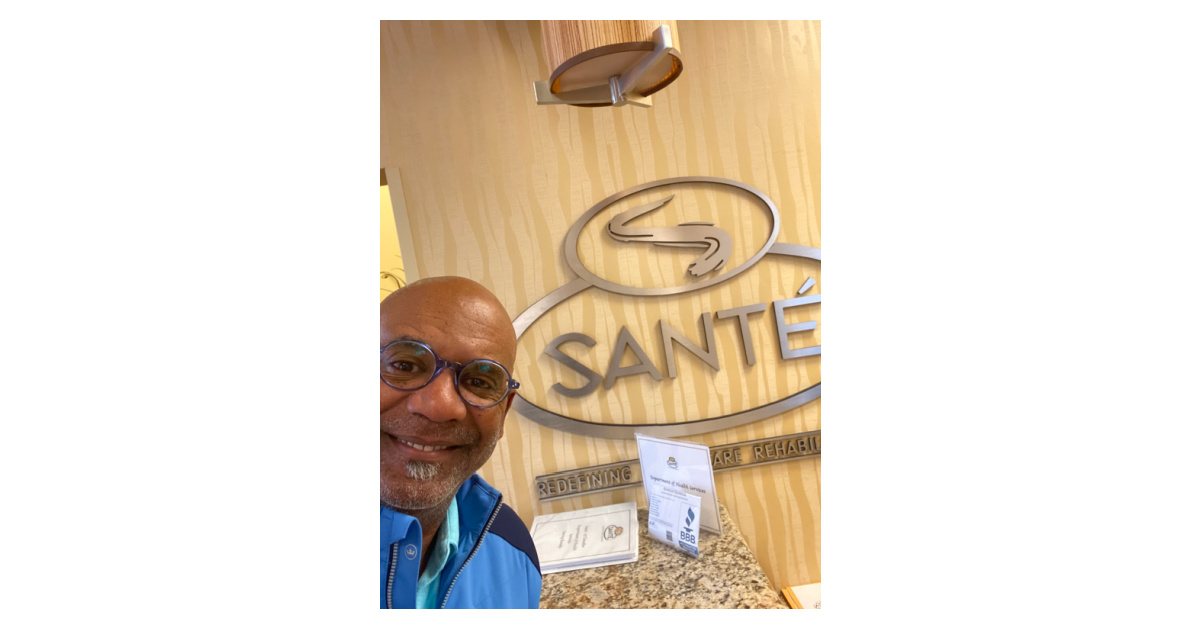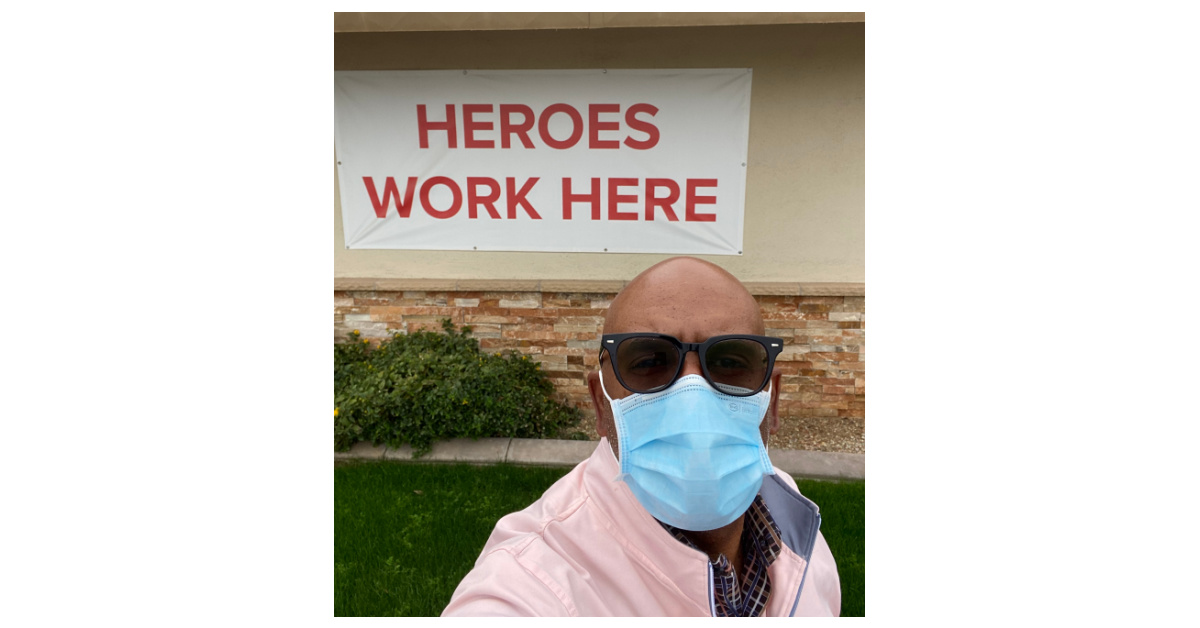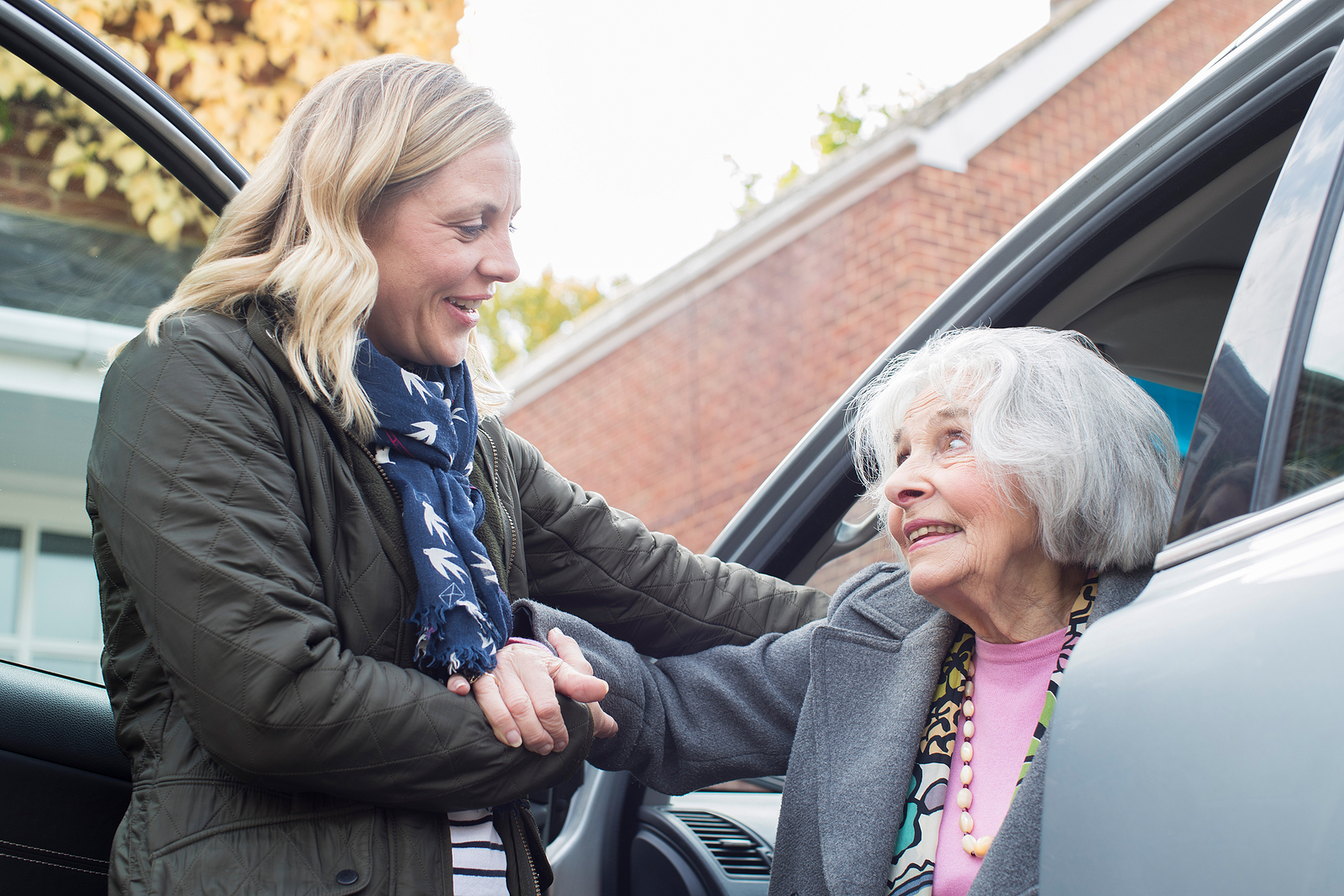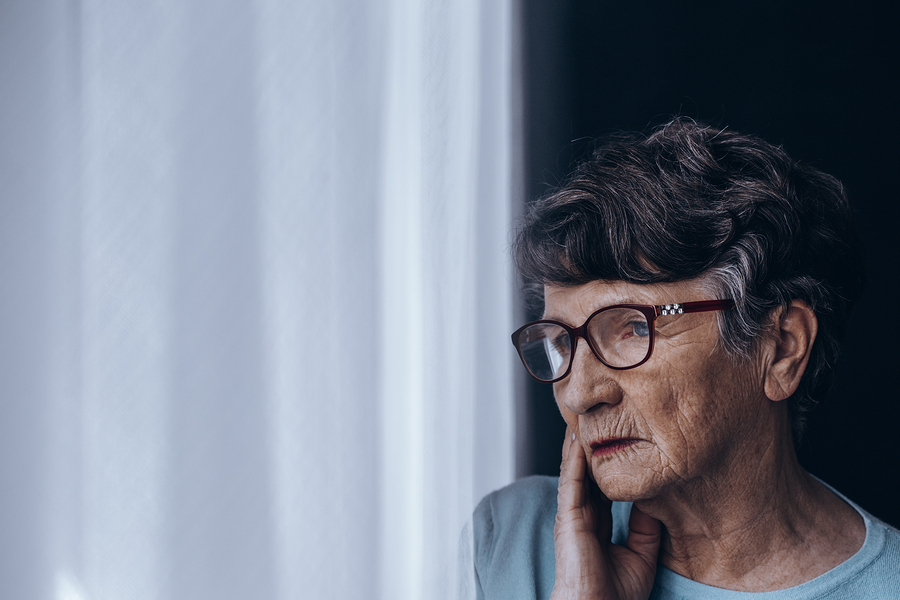Alzheimer’s disease can be a difficult and challenging journey, not only for the person affected but also for their family and loved ones. With the right care, however, it is possible to make the experience more manageable, comfortable, and even enjoyable. If you are considering caring for a loved one with Alzheimer’s at home, this article will provide you with actionable advice and tips on topics such as Alzheimer’s home care, dementia care at home, companionship, safety in the home, and personal care at home.
Alzheimer’s Home Care: Understanding the Disease
Before we dive into the specific steps you can take to care for a loved one with Alzheimer’s at home, it’s important to understand the disease itself. Alzheimer’s is a progressive brain disorder that affects memory, thinking, and behavior. As the disease progresses, the individual will experience increasingly severe memory loss and other cognitive impairments, as well as changes in mood, behavior, and physical abilities.
It is important to remember that every individual with Alzheimer’s experiences the disease differently, and there is no one-size-fits-all approach to care. That being said, there are some general tips and best practices that can help make the experience of caring for a loved one with Alzheimer’s at home more manageable.
Dementia Home Care: Creating a Safe and Comfortable Environment
One of the most important aspects of caring for people with dementia, is creating a safe and comfortable environment. This will help to reduce the risk of accidents and injuries, and also make your loved one feel more at ease. Some tips for creating a safe and comfortable environment include:
- Removing trip hazards such as rugs and electrical cords
- Installing grab bars in the bathroom and other areas where your loved one may need support
- Making sure all walkways are well-lit
- Keeping a clear path to the front door in case of an emergency
In addition to creating a safe physical environment, it’s also important to create a safe emotional environment. This can include:
- Being patient and understanding when your loved one is confused or frustrated
- Encouraging your loved one to be as independent as possible
- Encouraging your loved one to participate in activities they enjoy
- Allowing your loved one to express their feelings and emotions, even if they are negative
Dementia Care at Home: Providing Personal In-Home Care
As the disease progresses, your loved one with Alzheimer’s may need more assistance with personal care services such as bathing, dressing, and grooming. These are also called Activities of Daily Living, or ADLs. Providing personal care at home can be a challenging and sensitive task, but with patience and understanding, it can also be a wonderful opportunity to connect with your loved one. Some tips for providing personal care at home include:
- Allowing your loved one to do as much as they can for themselves
- Speaking in a calm, reassuring tone
- Using a gentle touch
- Allowing plenty of time for each task
Home Care Companionship: Staying Connected and Engaged
One of the most important aspects of caring for a loved one with Alzheimer’s is companionship. It’s important to stay connected with your loved one and help them stay engaged in activities they enjoy. Some tips for providing companionship at home include:
- Spending time together doing activities your loved one enjoys
- Encouraging your loved one to participate in activities that stimulate their mind, such as reading or doing puzzles
- Going for walks or participating in physical activities together
- Listening to music or watching movies together
Safety in the Home: Monitoring and Managing Wandering and Agitation
Wandering and agitation are common behaviors in individuals with Alzheimer’s disease. It’s important to monitor your loved one and take steps to prevent wandering and manage agitation. Safety should be a part of every care plan. Some tips for safety in the home include:
- Keeping the front door locked or installing a door alarm
- Installing a GPS tracking device on your loved one to help locate them if they wander
- Creating a safe outdoor area for your loved one to spend time in
- Keeping a routine and predictable schedule to reduce agitation
- Engaging your loved one in activities that they enjoy to reduce restlessness
Staying at Home: Hiring Home Care Services
If you are unable to provide the level of care your loved one with Alzheimer’s requires, you may want to consider hiring a home care provider. A home care provider can provide respite care for the family caregiver, and also assist with tasks such as bathing, dressing, grooming, and meal preparation, as well as provide companionship and emotional support. Some tips for hiring a home care provider include:
- Researching different home care agencies and providers
- Checking references and credentials
- Interviewing potential providers to ensure they are a good fit for your loved one
- Creating a clear agreement on the services that will be provided
Conclusion
Caring for a loved one with Alzheimer’s disease can be a challenging experience, but with the right health care services, medical care, and in-home care, it can also be a rewarding one. By creating a safe and comfortable environment, providing personal care, engaging in companionship, and monitoring and managing wandering and agitation, you can help make the experience of caring for an aging loved one a positive and rewarding one.
If you or an aging loved one is considering home care in Ahwatukee, AZ, please call the caring staff at Golden Heart Senior Care of Scottsdale at (480) 284-7360. We are here to help!









